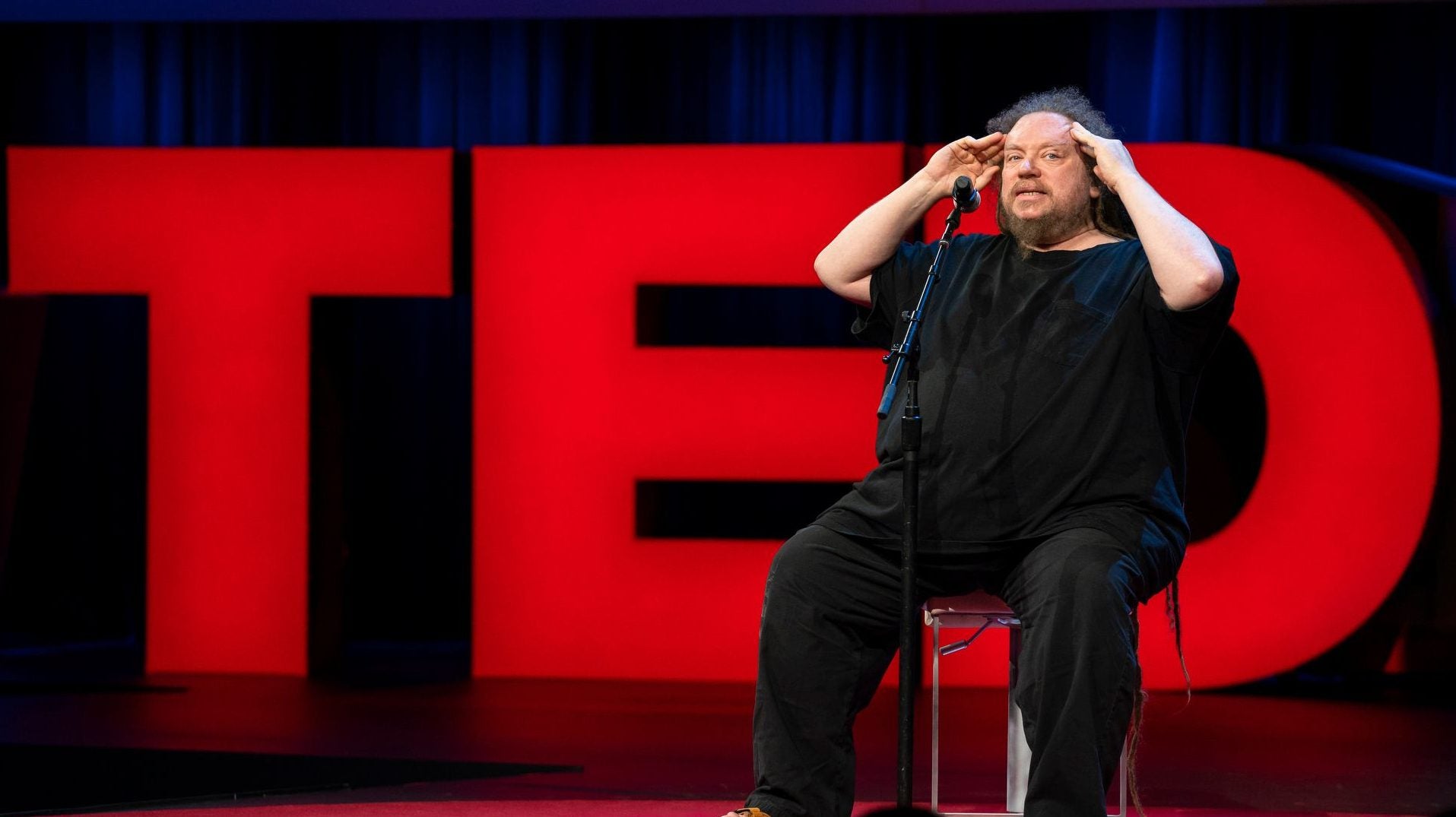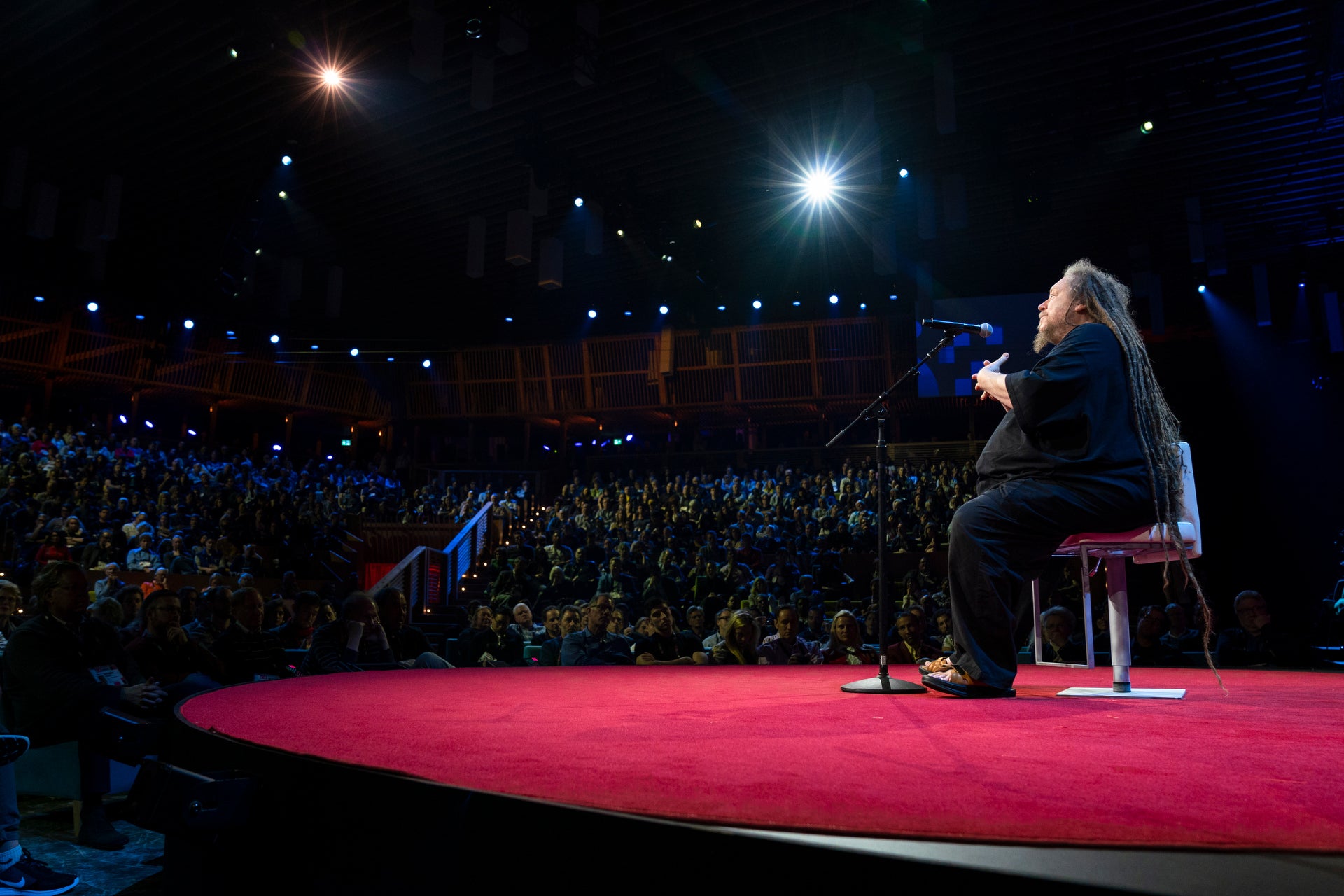The case for paying for Google and Facebook
Vancouver


Vancouver
The internet is so broken we might just have to rebuild it from scratch. On the same day Facebook CEO Mark Zuckerberg testified before the US Congress about the perils of his social media behemoth, computer science philosopher Jaron Lanier delivered a sobering prognosis on the spiraling corruption of our social networks. “I can’t call them social networks anymore. I call them behavior modification empires,” said Lanier to the tech elite gathered in Vancouver for the TED conference.
Lanier, who is widely credited as a founder of virtual reality, says the problem lies not with individuals, but in the core philosophy of the internet itself. “I don’t think it’s a matter of bad people who’ve done a bad thing. It’s a globally tragic, astounding ridiculous system rather than a wave of evil,” he said.
The current problems faced by online platforms can be traced back to two incongruities that were apparent right at the internet’s start, according to Lanier. The internet was built on a socialist model that everything should be free and accessible to all. But it also celebrated visionary tech entrepreneurs who made it big with their world-changing ideas. “How do you celebrate entrepreneurship when everything is free?” he mused. Tech companies looked to advertising to fund their operations, and that’s where all the corruption began.

To fix things, Lanier proposed a provocative scenario: What if we paid for every Google search and Facebook interaction? “Sometimes if you pay for stuff, things get better,” he said, noting that HBO and Netflix’s paid subscription models have resulted in “peak TV.” Lanier suggested exploring other business models as well, including a scenario where individuals would be compensated for uploading quality content.
Lanier has been floating the idea for a pay-for-use internet for several years. “A monetized information economy will create a strong middle class out of information sharing—and a strong middle class must be able to outspend the elite tip of an economy for democracy to endure,” he wrote in Quartz in 2013. His alternative plan resonates today as one answer to the cancer of dark patterns in our social networks.
“We can imagine a hypothetical world of peak social media,” Lanier said. “It could mean that when you get on you can get really good, authoritative medical advice instead of cranks. It could mean that when you go online to get factual information, there’s not a bunch of weird conspiracy theories […] I’m certain that the companies—the Googles and the Facebooks—would actually do better in this world. I don’t think we need to punish Silicon Valley, we just need to remake the decision.”
Lanier stressed the urgency of finding an alternative business model for social networks. “I don’t think our species will survive unless we fix this,” he concluded. “We cannot have a society where when two people wish to communicate, the only way it can happen is if it’s financed by a third person who wishes to manipulate them.”